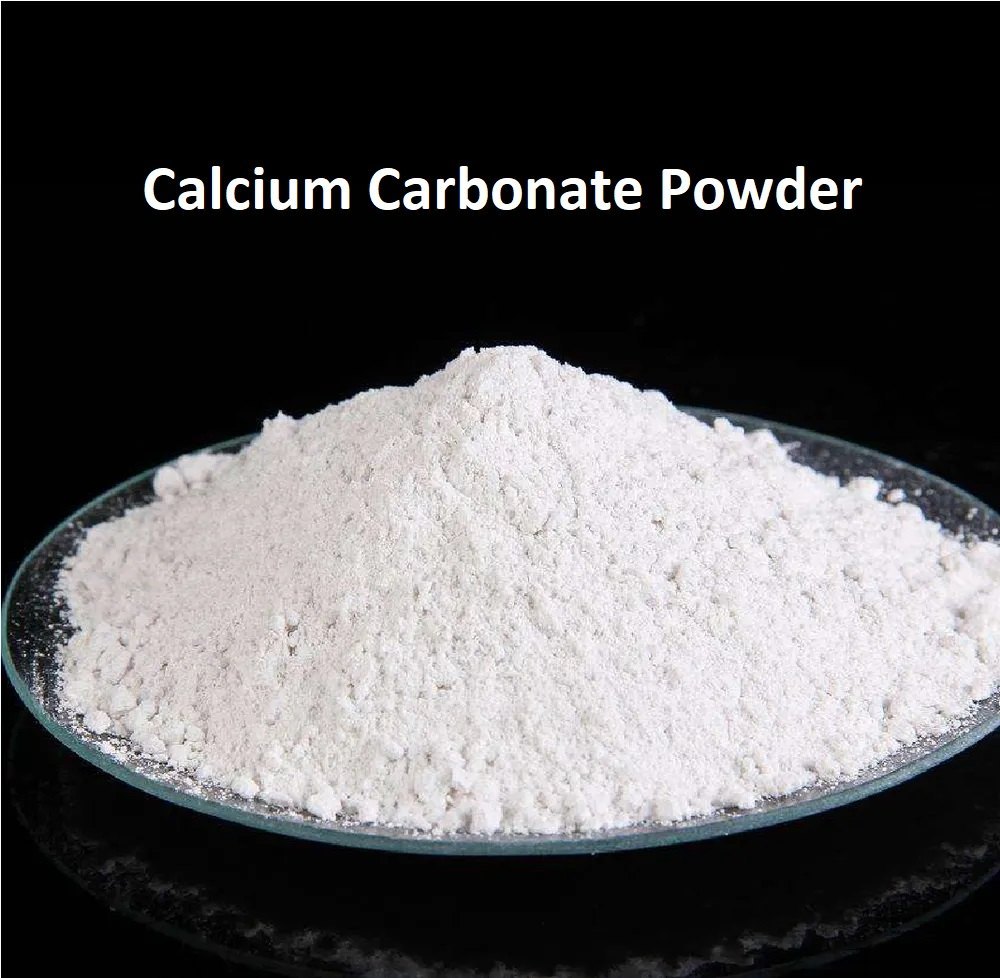Cement is a fundamental building material, used in construction all over the world for its strength and durability. One of the key ingredients that contribute to these properties is calcium carbonate. This versatile compound is crucial in the production of high-quality cement, ensuring that structures are long-lasting and robust.
The Role of Calcium Carbonate in Cement Production
Calcium carbonate is found in natural sources like limestone, chalk, and marble. It is primarily composed of calcium, carbon, and oxygen, and appears as a white, powdery substance. When used in cement production, calcium carbonate undergoes a process known as calcination. During this process, it is heated to high temperatures, causing it to decompose into calcium oxide and carbon dioxide. The resulting calcium oxide then reacts with other materials to form clinker, which is ground into fine cement powder.
Calcium carbonate powder is essential in this process because it provides the calcium oxide needed for the chemical reactions that form the core of cement production. Without it, the cement would lack the necessary binding properties to hold construction materials together.
Advantages of Using Activated Calcium Carbonate
Activated calcium carbonate is a modified form of calcium carbonate that has been treated to enhance its properties. This treatment often involves increasing its surface area and porosity, making it more reactive and effective in cement production. The use of activated calcium carbonate in cement brings several benefits.
Firstly, activated calcium carbonate improves the workability of cement. This means that the cement mixture can be easily molded and spread, which is essential for construction projects requiring intricate detailing or specific shapes. Moreover, the increased reactivity of activated calcium carbonate leads to a faster setting time for cement, reducing construction times and increasing efficiency.
Another significant advantage is the enhanced durability of the cement. The use of activated calcium carbonate results in a denser and more robust final product, which is less susceptible to cracking and other forms of damage. This makes structures built with such cement more resistant to environmental stresses and wear over time.
Environmental Benefits
The use of calcium carbonate powder in cement production also offers environmental benefits. One of the major concerns in cement manufacturing is the emission of carbon dioxide, a greenhouse gas that contributes to global warming. However, the calcination process that converts calcium carbonate into calcium oxide actually recaptures some of the carbon dioxide released during production. This helps to offset the overall carbon footprint of cement manufacturing.
Additionally, using locally sourced calcium carbonate reduces the need for transporting raw materials over long distances, which in turn lowers fuel consumption and associated emissions. This makes cement production more sustainable and eco-friendly.
Enhancing Cement with Modern Techniques
In recent years, advancements in technology have allowed for more precise control over the properties of calcium carbonate used in cement. By fine-tuning the particle size and distribution of calcium carbonate powder, manufacturers can create cement with specific characteristics tailored to different construction needs. For instance, fine calcium carbonate particles can be used to produce ultra-smooth finishes, while coarser particles can enhance the structural integrity of large-scale projects.
Furthermore, the development of nano-calcium carbonate has opened up new possibilities for cement enhancement. Nano-calcium carbonate particles are incredibly small, allowing them to fill microscopic gaps and voids in the cement matrix. This results in a denser, more uniform material that offers superior strength and durability.
Conclusion
Calcium carbonate plays a vital role in making cement strong and durable. Whether in its natural form as calcium carbonate powder or its modified form as activated calcium carbonate, this compound is indispensable in construction. Its ability to improve workability, setting time, and durability, combined with its environmental benefits, makes calcium carbonate a key ingredient in modern cement production. As technology continues to advance, the use of calcium carbonate in cement will likely become even more refined, further enhancing the quality and sustainability of construction materials.

